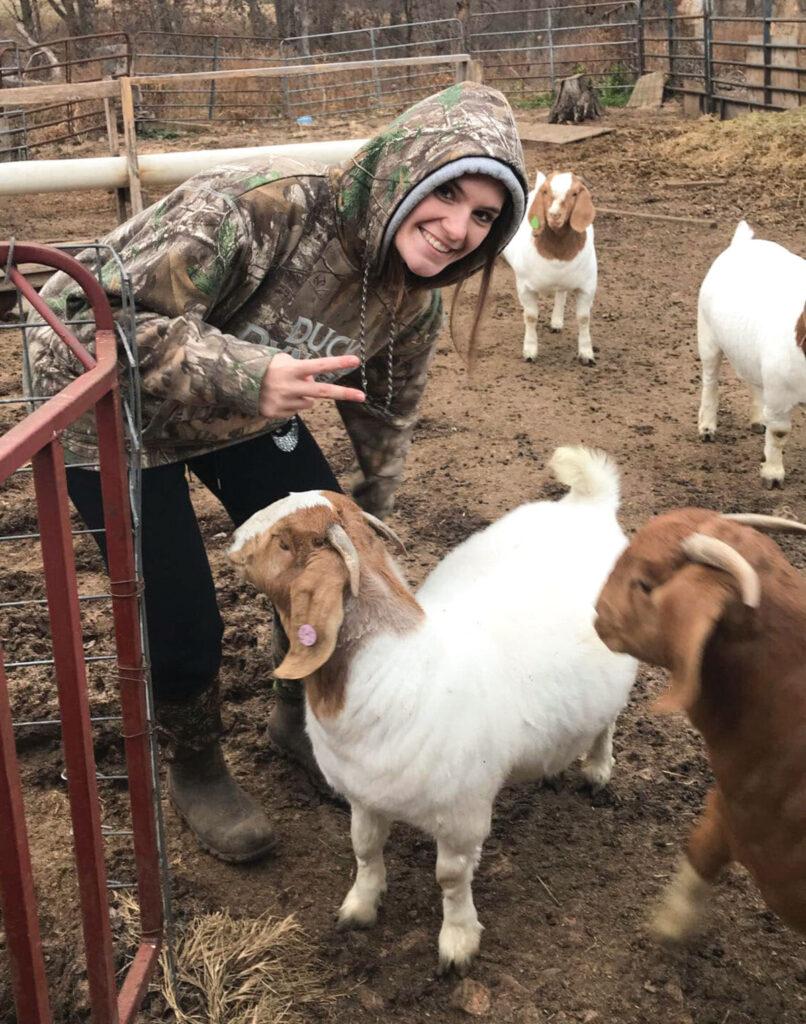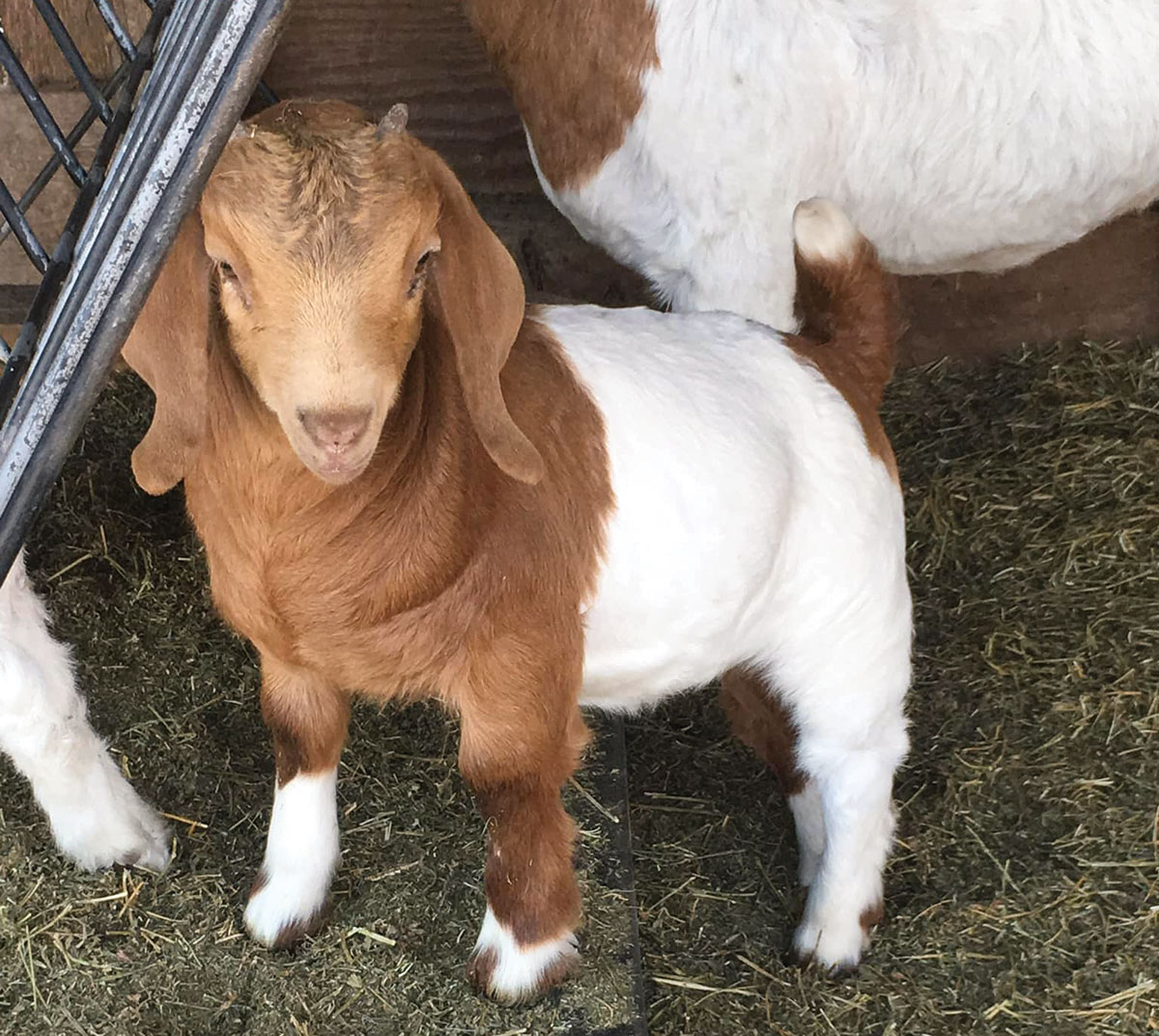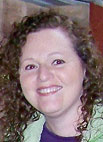
Self-described “cattle person” said her family added goats as 4-H projects
DECATUR, ARK. – If you would have told Deb Lindsay a few years ago that she’d now be a goat farmer, she might have said you were crazy.
“I’m a cattle person, not a goat person,” she said.
Nonetheless, Deb and her family, including her two youngest children and grandchildren, work Lindsay Boer Goats Farm with pride and hard work.
It all started when her two youngest, Karlie and Andrew, started in 4-H, and they were not allowed to show cattle unless it was dairy cattle, which the family didn’t have. They decided to try goats and the Lindsay kids had fun exercising their new animals and showing them, until it was time to sell the animals, which caused more than a few tears.
“Selling the goats was detrimental,” Deb said.
The next year, however, they bought does so they could start their own herd and the family has been showing goats ever since. Karlie is now 20, and Andrew is 19 years old, and even though they are involved with other jobs and school, they still help with the family farm. Deb’s older grandchildren, Brea and Aiden, also help and are involved with showing goats.
“It’s now a family tradition,” Deb said. “We all know how to give them their medicines (and provide other care).”
The herd has grown to be about 45 goats, all of which are Boer goats, and most are registered. Most of the family’s showing is done at local county fairs and shows put on by the American Boer Goat Association, she said.
Deb chose the Boer breed for several reasons, including being familiar with them from friends who also raised that specific breed. They also did not want any dairy goats. Some are sent to the sale barn, others are sold as show animals, and on a limited basis, some are sold to families for food. She will not harvest or process the animals herself so she requires anyone who purchases an animal for food have a USDA-approved processing plan in place.
Boer goats, and any goat really, are not always what people think they are. First of all, they are more like dogs than cattle. They also are pretty picky eaters and won’t eat whatever they find on the ground.
“They have their own minds, their own attitudes,” she said. “Goats are not for the faint of heart.”
While farming, in general, is waning, Deb said the area has seen more interest in goat farms than in the past. Part of this is the growth of immigrant populations in Northwest Arkansas and parts of Southwest Missouri that enjoy goat meat as part of their regular diet. They are a great starter project for children, she said.
Deb herself has been involved with 4-H and agriculture, as was her grandmother.
“Since the beginning of time,” she said, adding there have been books written about her family’s farming activities over the years.
The different generations being involved in programs like 4-H has taught lessons about livestock but also about leadership and how to speak in front of groups of adults, Deb said.
These skills, as well as knowing how to grow your food, are vital, she said.
“The community doesn’t understand 4-H. It’s not just livestock,” Deb said. “It’s about youth development through project work. There are projects for everyone, from foods and nutrition, to robotics and shooting sports. It also offers leadership opportunities that have taken kids to national levels. Great community service projects.
“Families who want to participate should reach out to your county extension agents to connect you to a club in your area,” she continued. “This is something my family is very passionate about and kids can still be in 4-H and not have a farm.”
Deb also said people need to be better educated about where their food comes from.
“Family farms produce a lot of their own food,” she said, “but you can’t afford to farm as much anymore in Northwest Arkansas. We’ve had hundreds of acres lost (to development).”
The family has a Facebook page where they post about their Boer goats. The page is “Lindsay Boer Goats”.







